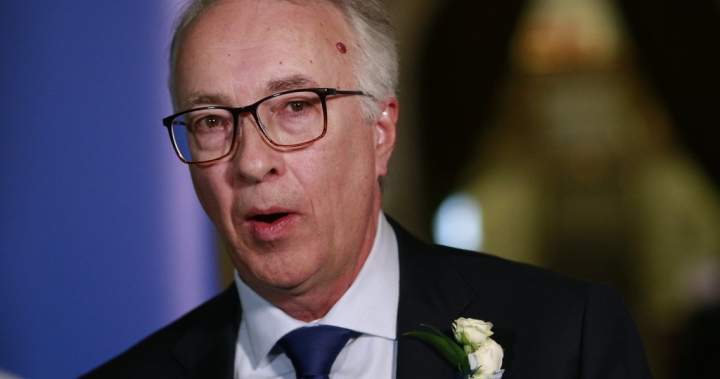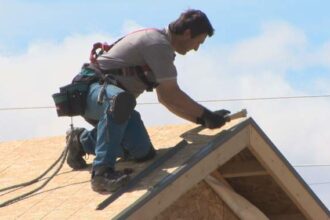The escalating tensions over Indigenous land rights in British Columbia took a dramatic turn yesterday as provincial Conservative Leader John Rustad called for immediate Supreme Court intervention in the Cowichan Tribes’ land claim dispute. This bold stance comes amid growing uncertainty surrounding property rights in the region, threatening to reshape the delicate balance between Indigenous sovereignty claims and existing property ownership.
“What we’re seeing in the Cowichan Valley represents a fundamental challenge to our understanding of property rights in British Columbia,” Rustad declared during a press conference in Victoria. “The provincial government has created a dangerous precedent by failing to provide clear direction on how these competing claims should be resolved.”
The controversy centers on the Cowichan Tribes’ assertion of territorial rights over approximately 780 properties in the Duncan area. This claim has thrown property owners into a state of limbo, with many reporting difficulties selling their homes or securing financing due to the unresolved status of the land. Real estate professionals confirm that property values in the affected areas have already begun to decline as uncertainty mounts.
According to CO24 News, the dispute dates back to 2014 when the Cowichan Tribes initiated legal proceedings asserting their right to lands they maintain were never surrendered through treaty. The case has gained renewed attention following similar developments across Canada, where courts have increasingly recognized Indigenous title claims.
Premier David Eby’s government has faced criticism for its handling of the situation. In response to mounting pressure, Eby recently stated, “Our government is committed to reconciliation while respecting the rights of all British Columbians. We’re working diligently to find a path forward that honors our commitments to Indigenous peoples while providing certainty for property owners.”
Legal experts interviewed by CO24 Politics suggest the case could establish significant precedents for how Indigenous land claims intersect with existing property rights. Constitutional scholar Dr. Elaine Thompson notes, “The Supreme Court’s decision in this case could fundamentally alter our understanding of property law in contexts where Indigenous title claims exist. We’re witnessing the complex reconciliation of two legal traditions that developed in isolation from each other.”
The economic implications extend beyond individual homeowners. According to CO24 Business, regional development projects have stalled as investors await clarity on land title security. The Duncan Chamber of Commerce reports that several businesses have delayed expansion plans, citing uncertainty over property rights as a primary concern.
For their part, Cowichan Tribes leadership maintains they have been patient in pursuing their legitimate claims. Chief Lydia Hwitsum stated, “These are our traditional territories that were never lawfully surrendered. We have consistently sought dialogue and reasonable accommodation rather than displacement of current residents.”
The dispute highlights the broader challenges facing British Columbia as it attempts to navigate the complex process of reconciliation while maintaining economic stability. Similar cases across World News demonstrate that nations globally are struggling with how to address historical injustices while respecting established property systems.
As Supreme Court deliberation looms, both property owners and Indigenous leaders find themselves in an uneasy waiting game. The fundamental question now confronting British Columbians and Canadians more broadly is profoundly challenging: How can a society reconcile historical injustices against Indigenous peoples while providing certainty for those who purchased property in good faith under existing legal frameworks?










